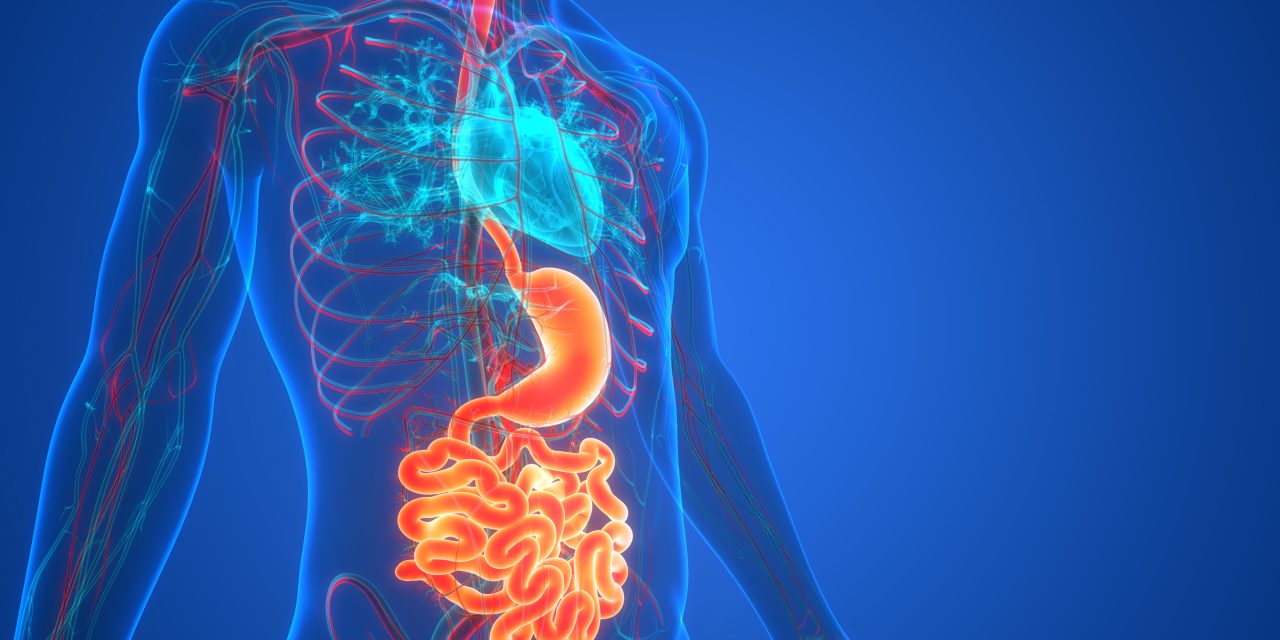This study aimed to develop a colon-targeted tablet of oxaliplatin (OP) using the combination of nanotechnology and fused deposition modeling (FDM) 3D printing to improve its antitumor activity, tumor targetability, and safety profile. Eudragit L100-55 filament containing OP loaded alginate nanoparticles (OP-NPs) were fabricated using hot-melt extrusion method and printed by an FDM printer to 3D printed tablets with good uniformity in the drug content and selective release of OP in the colonic environment. The antitumor effect of 3D printed tablets containing OP-NPs in CT-26 tumor-bearing mice was evaluated compared to intravenous and oral administration of OP solution, and compressed tablets containing OP-NPs, which were prepared by direct compression method with the same formulation. The antitumor effect of 3D printed tablets containing OP-NPs was remarkable and comparable with intravenous OP solution (p ˃ 0.05) with a better safety profile, whereas compressed tablets did not show any significant antitumor effect, probably in terms of non-selective drug release in stomach and upper intestine environments. This study highlights the potential of the combination of nanotechnology and 3D printing in the preparation of colon-specific drug delivery systems of chemotherapeutic drugs with good antitumor activity, tumor targetability, and safety profile for colorectal cancer treatment.Copyright © 2022 Elsevier B.V. All rights reserved.
3D printed tablets containing oxaliplatin loaded alginate nanoparticles for colon cancer targeted delivery. An in vitro/in vivo study.


